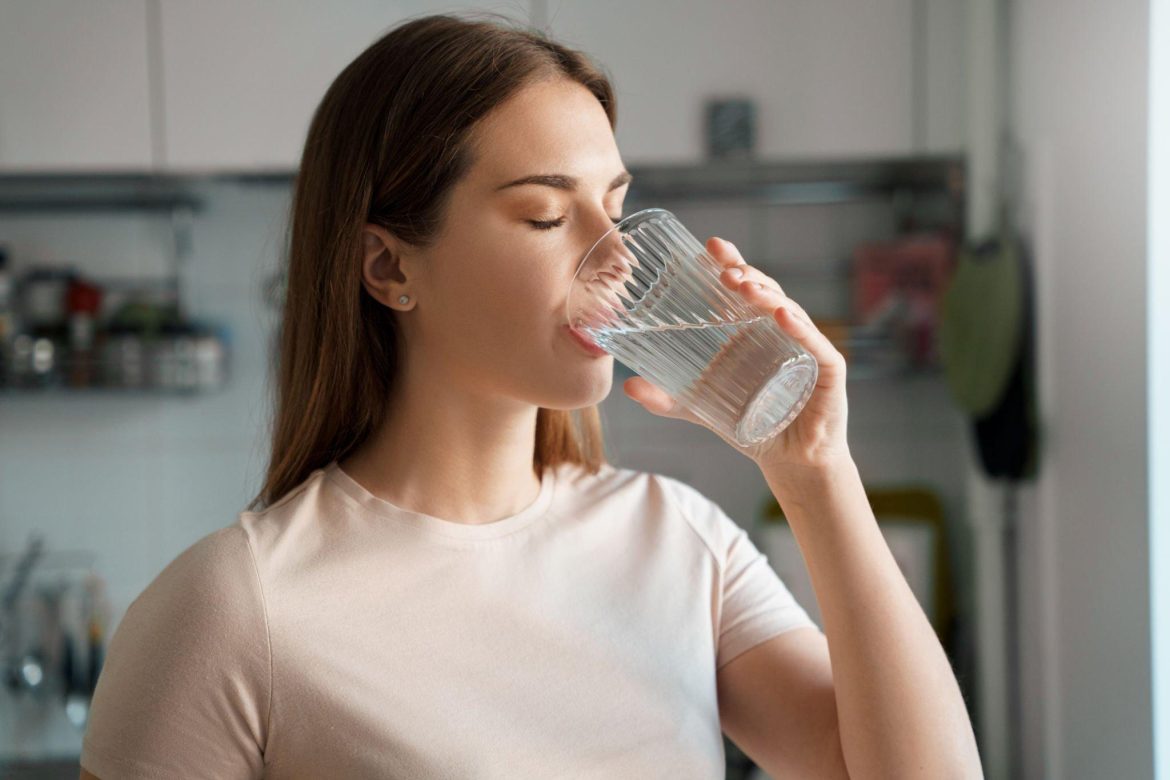Roughly 60% of your body mass consists of water, which is vital for every physiological process. It aids in removing toxins from your body, transporting nutrients to your cells, providing cushioning for your joints, and aiding in food digestion.
Insufficient water intake can lead to dehydration, with severe dehydration potentially causing symptoms like dizziness, confusion, and seizures.
Ensuring you consume sufficient water daily is crucial, though the exact amount varies per individual. Factors influencing your water needs include your body size, level of physical activity, environmental temperature, among others. Consulting a doctor can help you determine the appropriate water intake for your health needs.
Daily Water Requirements
The recommended daily water intake isn’t a one-size-fits-all. The Institute of Medicine advises a total of 13 cups (about 3 liters) for men and 9 cups (just over 2 liters) for women. Pregnant women are advised to consume around 10 cups, while breastfeeding mothers should aim for about 12 cups. Additional hydration is necessary in hot weather, during physical activities that cause sweating, and when you’re ill with symptoms like vomiting, diarrhea, or fever.
People with certain medical conditions, such as heart failure or specific kidney diseases, might need to limit their fluid intake. It’s best to discuss your specific needs with a healthcare provider.
Children’s Hydration Needs: Children’s hydration requirements also vary based on factors such as age, weight, gender, overall health, activity level, and climate. Generally, children and teenagers should drink about 6 to 8 cups of water daily and consume water-rich fruits and vegetables. During physical activities, drinking half a cup to 2 cups of water every 15 to 20 minutes is recommended.
Benefits of Regular Water Consumption
Drinking water regularly offers numerous health benefits. It helps in waste removal, maintains normal body temperature, protects sensitive tissues, lubricates joints, and contributes to skin health.
Different Sources of Hydration
Your total water intake includes all sources: drinking water, other beverages, and food. However, some drinks like juices, sodas, and smoothies, while hydrating, can be high in sugar and calories. Coffee and tea also count, but their caffeine content can have a diuretic effect. Moderation is key with these beverages. Alcoholic drinks, although containing water, can lead to dehydration. Sports drinks, while hydrating and replenishing electrolytes, often contain added sugars and calories. Energy drinks, distinct from sports drinks, may contain high levels of sugar and stimulants and are generally not recommended for children and teenagers. Foods, especially fruits and vegetables such as cucumbers, lettuce, celery, and watermelon, contribute to hydration and offer essential vitamins and minerals.
Risks of Excessive Water Intake
Overhydration is rare but possible, especially in people with specific health conditions or endurance athletes. It can lead to a condition known as hyponatremia, where sodium levels in the blood become dangerously low.







